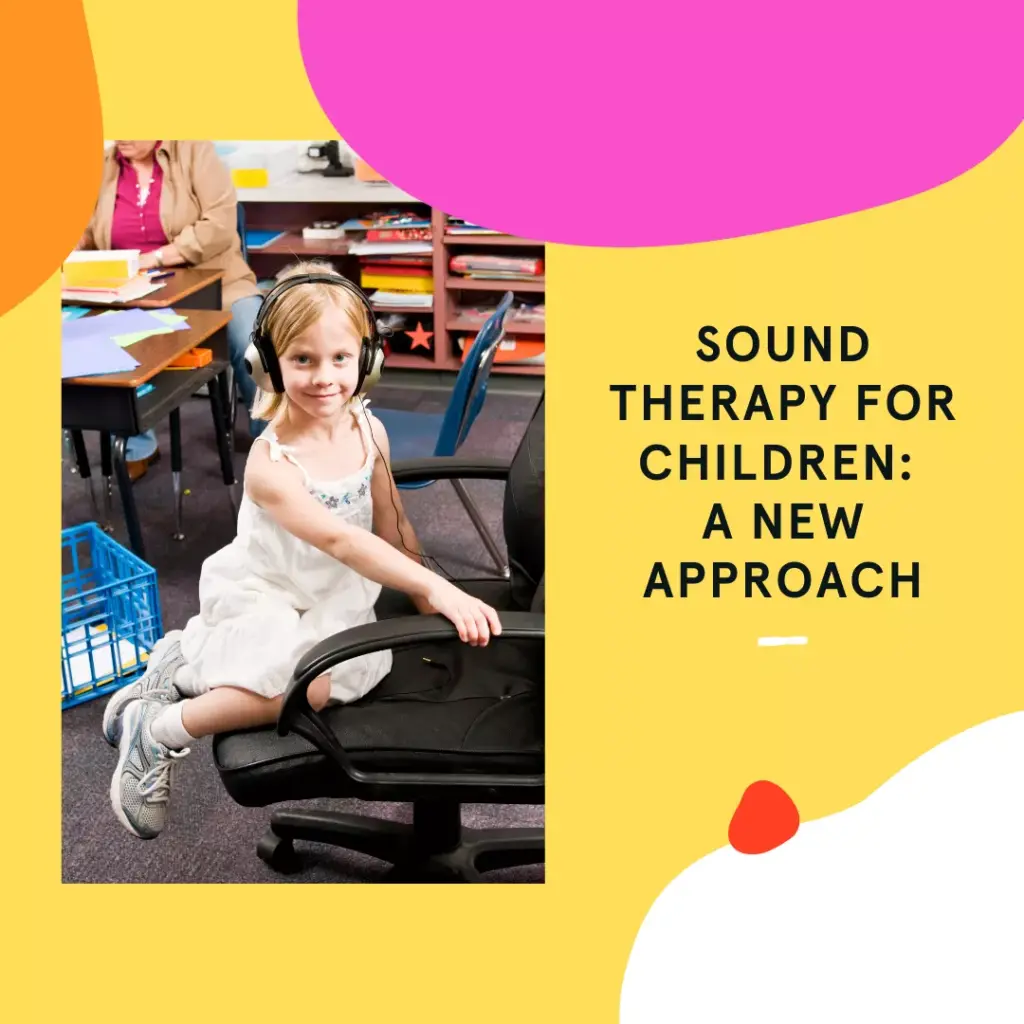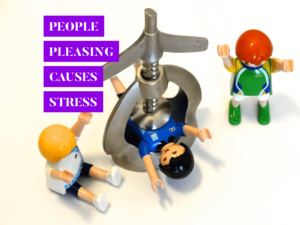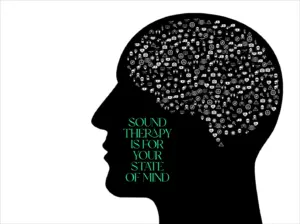In the modern wellness landscape, sound therapy emerges as a gentle yet effective approach to promote relaxation and mental calmness, especially among children. Its roots trace back to ancient traditions, now revived and refined with a scientific understanding of sound and its impact on the human psyche.
The Resonance of Sound Therapy
Sound therapy operates on the principle that our bodies have different vibrational frequencies. When dissonance occurs, it can lead to stress, anxiety, and other emotional disturbances. Sound therapy aims to restore harmony through the use of instruments like Tibetan singing bowls, gongs, and tuning forks, whose vibrations resonate with the body’s natural frequencies.
Research indicates that sound therapy can induce a deep state of relaxation, reducing stress and promoting a sense of well-being. This makes it a viable option for children who may struggle with anxiety or have trouble calming down.
Binaural Beats: Aiding the Young Minds
Binaural beats, an integral part of modern sound therapy, involve playing two slightly different frequencies in each ear. The brain perceives a third tone, the difference between the two, which can help entrain the brain to a calmer and more focused state.
Studies suggest that binaural beats can enhance relaxation and meditation, improve sleep, and even boost memory and learning, which can be particularly beneficial for children in their formative years.
Personalized Sound Therapy for Children
Every child is unique, and so is their response to sound. Personalized sound therapy sessions can be tailored to meet the individual needs of each child, considering their preferences and sensitivities to different sounds and vibrations.
With a trained sound therapist, children can explore a safe and comfortable environment where they can express themselves freely and learn to manage their emotions better.
The Wholesome Impact: Beyond Just Calmness
Sound therapy transcends merely calming a restless mind. It opens a door to a holistic wellness approach that can significantly improve a child’s life quality. It not only promotes mental calmness but also enhances emotional regulation, concentration, and even social interaction skills.
Furthermore, the soothing experience of sound therapy can help in establishing a positive routine of relaxation and mindfulness that can bolster a child’s resilience and coping skills as they navigate through the challenges of growth and learning.
Conclusion
Sound therapy, especially when personalized to cater to a child’s unique needs, presents a promising avenue for promoting mental calmness and overall well-being among the young ones. With its gentle approach and scientifically-backed benefits, it’s an exploration worth considering for parents and educators alike, aiming to provide a serene and supportive environment for children to thrive.







